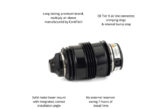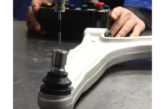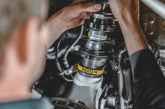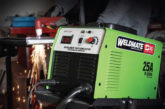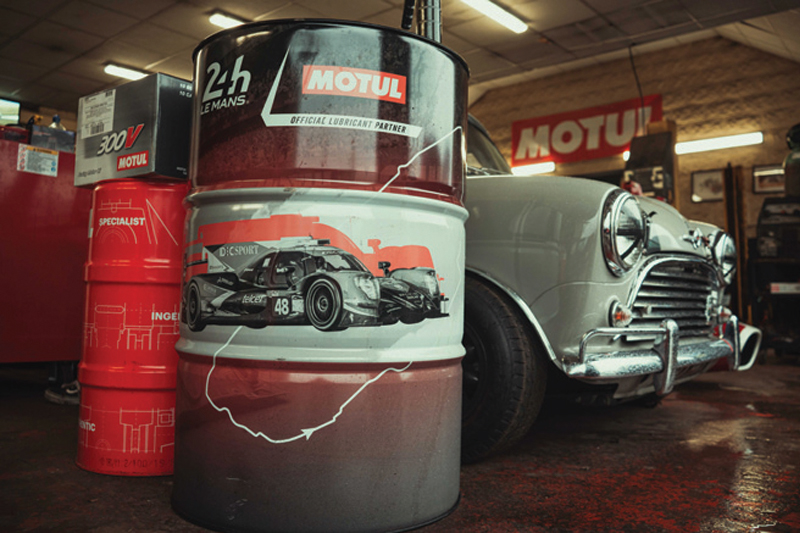
In this limited series of articles, Witham Motorsport, exclusive UK distributor of Motul products, tracks the journey of the humble lubricant. Each issue of PMM will focus on a different stage, starting with the ordering process…
● What does a technician need to consider when choosing and ordering a lubricant?
The starting point always needs to be ‘the correct oil for the correct application’. The technician will need to check the car manufacturer’s recommendation and correlate this to a quality lubricant supplier with the relevant approvals. The base quality (European) is an ACEA specification, so it’s worth checking that the oil company is on the SAIL list for signatories to the ATIEL code of conduct. The starting point must never be the cost price!
● Is it a one-size-fits-all scenario?
Never. The passenger car lubricant market has arguably the most diverse range of oils, with many manufacturers having their own specifications and approvals. There are low SAPS oils designed to protect catalysts and other aftertreatment devices. Most lubricant companies now have lubricant finders that can demonstrate the range, as well as support the technician’s decision.
Technicians must not be afraid to use the oil companies’ expertise as the incorrect lubricant selection can be a costly mistake to make for the sake of a phone call or email.
● How should a technician decide on order quantity?
Depends on the size of garage and the variety of vehicles you service. If you specialise in one particular brand, then a small bulk tank may make sense. If not, smaller pre-packed containers, such as 208L, 60L, 25L, 5L or even 1L bottles may be more suitable. If you speak to a lubricant supplier, they should have the expertise to rationalise your lubricants to as fewer grades as possible.
● What do all the symbols and abbreviations mean?
There are literally dozens but the main ones, Standard European base line specifications, start with ACEA. ACEA is the European Association of Vehicle Manufacturers which sets specifications known as ‘sequences’. These have letter prefixes A, D, C and E, which relate to different classes of vehicles: A – Petrol, B – Light Duty Diesel, C – Low SAPS, and E – Heavy Duty Diesel. Many car manufacturers also have their own specifications such as Mercedes, VAG Group, Ford, Toyota, Suzuki, Land Rover, etc. There are literally too many to list, but with a reputable and quality oil supplier, there are lubricants that meet multiple specifications.

